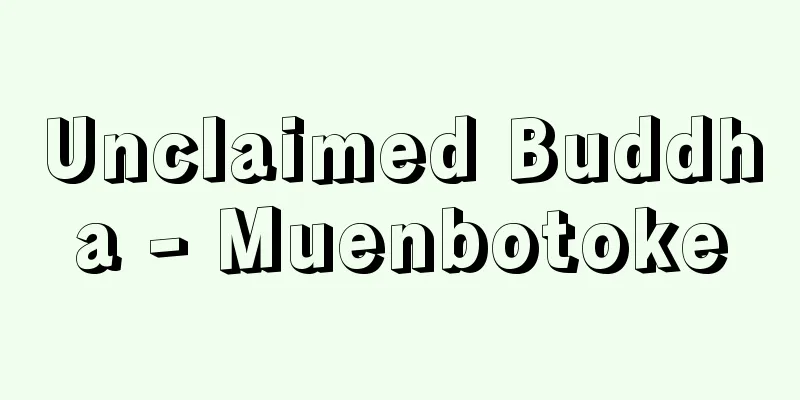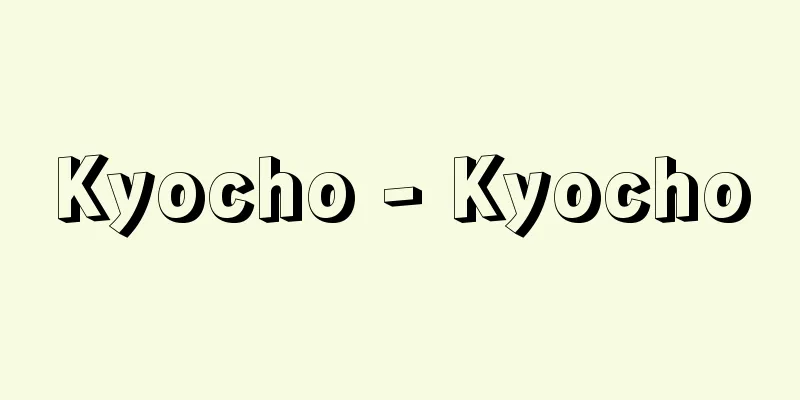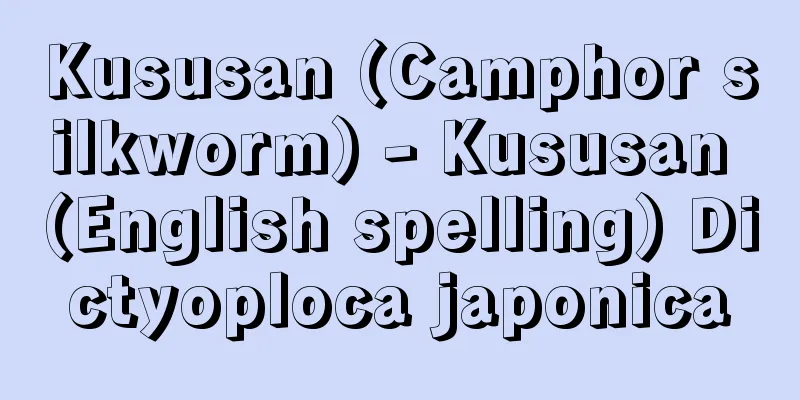Unclaimed Buddha - Muenbotoke

|
The term refers to spirits other than the legitimate ancestral spirits. In the Heian period, it was called ke (mononoke), in the Middle Ages it was called onryo (vengeful spirits) and goryo (sacred spirits), and since the early modern period it has been called muenbutsu (unenbutsu). It is a word that combines several concepts. (1) In the belief in the soul, the spirits of people who died untimely deaths, such as war deaths, accidents, and suicides, become detached from their bodies and become floating spirits that wander the air, and are often feared as being harmful to people. (2) In the case of people who died without marrying, they have no descendants to perform a memorial service for them after death, and are considered to be unfortunate and at the same time a lower spirit. Also, the spirits of the dead who have no relatives. (3) A spirit that is counted as an ancestral spirit in the family to which it belongs, but is treated as a guest Buddha in the family of the bride and groom. (4) Among Buddhists, a person who has no opportunity to hear the Buddhist teachings is called muenbutsu (unrelated sentient beings), and from the standpoint of one sect or sect, the dead of another sect or sect may be muenbutsu. These four are collectively called Muenbutsu. In addition to the spirit shelves (shorotana) for the deceased, there are many examples of people setting up shelves for hungry ghosts (gakidana) and giving offerings to them during the Bon Festival. [Shoji Inoguchi] Source: Shogakukan Encyclopedia Nipponica About Encyclopedia Nipponica Information | Legend |
|
正統な先祖霊に対して、それ以外の霊をいう。平安時代には物の怪(け)、中世には怨霊(おんりょう)・御霊(ごりょう)、近世以降は無縁仏という。いくつかの概念が混じり合った語。(1)霊魂信仰の考え方では、戦死、事故死、自殺など非業(ひごう)の死を遂げた人の霊は、遺体から遊離して浮遊霊となって空中をさまよい、しばしば人に害を与えるものとして恐れられた。(2)結婚せずに死んだ人の場合、死後の祭りをしてくれる子孫がなく、不幸であると同時に一段低い霊と考えられた。また、縁者の絶えた死者の霊。(3)所属する家では先祖霊に数えられながら、嫁の実家などでお客仏として扱われるもの。(4)仏家の間では、仏法を聞く機縁のない者を無縁の衆生(しゅじょう)といい、一つの宗旨・宗派の立場からは、他の宗旨・宗派の死者を無縁仏とする場合もある。以上四つを総括して無縁仏という。盆には先祖を祭る精霊棚(しょうろだな)とは別に、餓鬼(がき)棚などを設けて供物を分かち与える例が多い。 [井之口章次] 出典 小学館 日本大百科全書(ニッポニカ)日本大百科全書(ニッポニカ)について 情報 | 凡例 |
<<: Mukaishima [town] - Mukaishima
>>: Anthracite - muentan (English spelling)
Recommend
sku skyes (English spelling) skuskyes
...Abbreviation of the reincarnated Buddha. In Ti...
Rockefeller Foundation - Rockefeller Foundation
Founded in New York in 1913 by the American oil ma...
Rest - Kyusoku
[Noun] (suru) To take a break from work and relax....
Kanze Sakichiryu
…(3) The name of a school of Noh drummers. It is ...
Toho Co., Ltd.
A film and theater production, distribution, and e...
Great Galago - O-garago
...A general term for nocturnal prosimians belong...
Radar - radar (English spelling)
A device that detects targets by emitting electro...
Ouargla (English spelling)
Ouargla Governorate capital, which occupies the ea...
Tropical - Nettai
Geographically, it refers to the area between the...
"Ah, Cruelty" (Novel) - Ah Mujou
...Hugo was also praised by civil rights activist...
Minor art (English spelling)
...One reason is that from the mid-19th century, ...
Music of Chance - Chance Music
Music in which the composer does not fix every det...
Odin - Odin (English spelling) Óðinn
The chief god of the Asadi tribe in Norse mytholo...
Medical certificate - Shindansho
It is a document prepared by a doctor that descri...
Nishi (spiny conch) - Nishi
It refers to snail shells that secrete mucus from ...






![Yalut [island] - Yalut](/upload/images/67cd10309f87d.webp)


